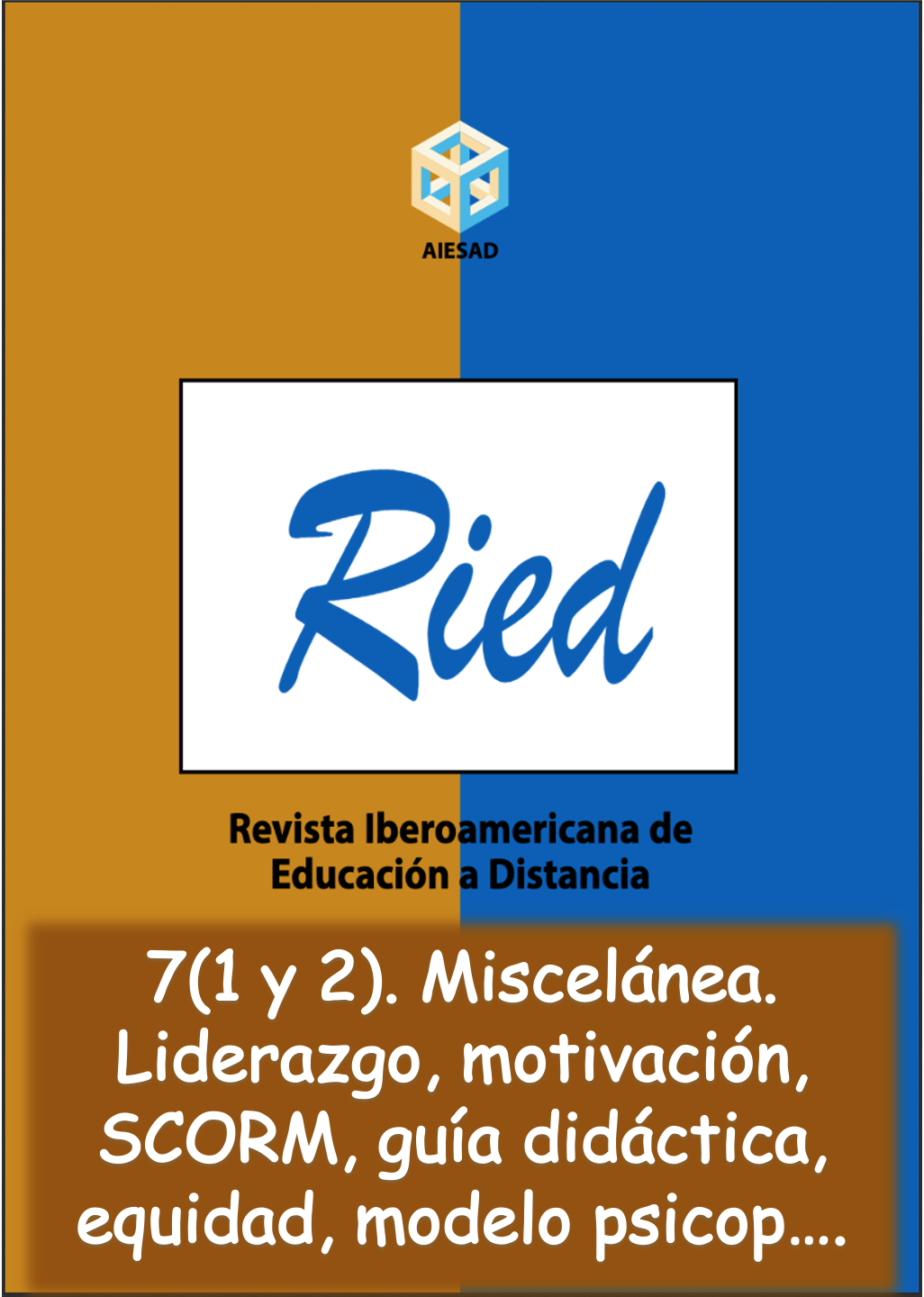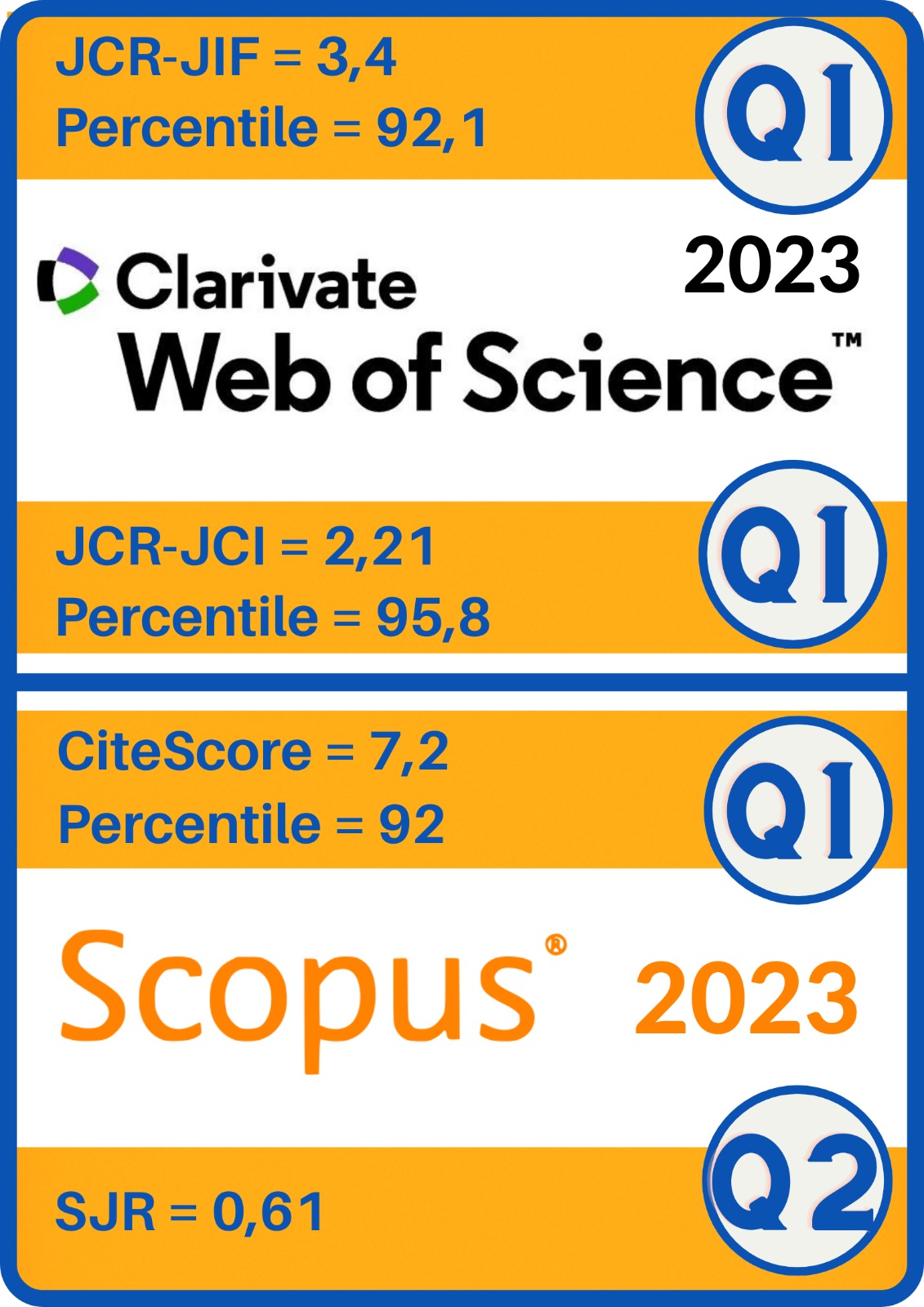EQUITY IN THE ACCESS TO KNOWLEDGE THROUGH TIC, THE EXPERIENCE OF OPEN DISTANCE EDUCATION IN UTPL THROUGH VIRTUAL CLASSROOMS NETWORK
DOI:
https://doi.org/10.5944/ried.7.1-2.1083Keywords:
open-distance, UTPL, Globatel, Virtual Classrooms NetworkAbstract
During 1999 it began the process of transformation into open-distance in UTPL, adding the TIC in the teaching-learning process. In order to accomplish this, a strategic alliance was made whit Globatel. A Virtual Classrooms Network was installed in a total of 20 universities, in 20 cities in Ecuador. The Global Netwok of Learning for Development joins the partnership Globatel-UTPL, in January 2001. The Global Network is sponsored by World Bank. The partnership became the older of the network with the largest range in a country. The development of the TIC makes us think about the appropiate use of such tools, specially in the education field as a basic component to achieve equity and quality in the access to knowledge. The following work is based on this perspective in which the Virtual Classrooms Network experience has been analized.
Downloads
Downloads
How to Cite
Issue
Section
License
The articles that are published in this journal are subject to the following terms:
1. The authors grant the exploitation rights of the work accepted for publication to RIED, guarantee to the journal the right to be the first publication of research understaken and permit the journal to distribute the work published under the license indicated in point 2.
2. The articles are published in the electronic edition of the journal under a Creative Commons Attribution 4.0 International (CC BY 4.0) license. You can copy and redistribute the material in any medium or format, adapt, remix, transform, and build upon the material for any purpose, even commercially. You must give appropriate credit, provide a link to the license, and indicate if changes were made. You may do so in any reasonable manner, but not in any way that suggests the licensor endorses you or your use.
3. Conditions for self-archiving. Authors are encouraged to disseminate electronically the OnlineFirst version (assessed version and accepted for publication) of its articles before publication, always with reference to its publication by RIED, favoring its circulation and dissemination earlier and with this a possible increase in its citation and reach among the academic community.








